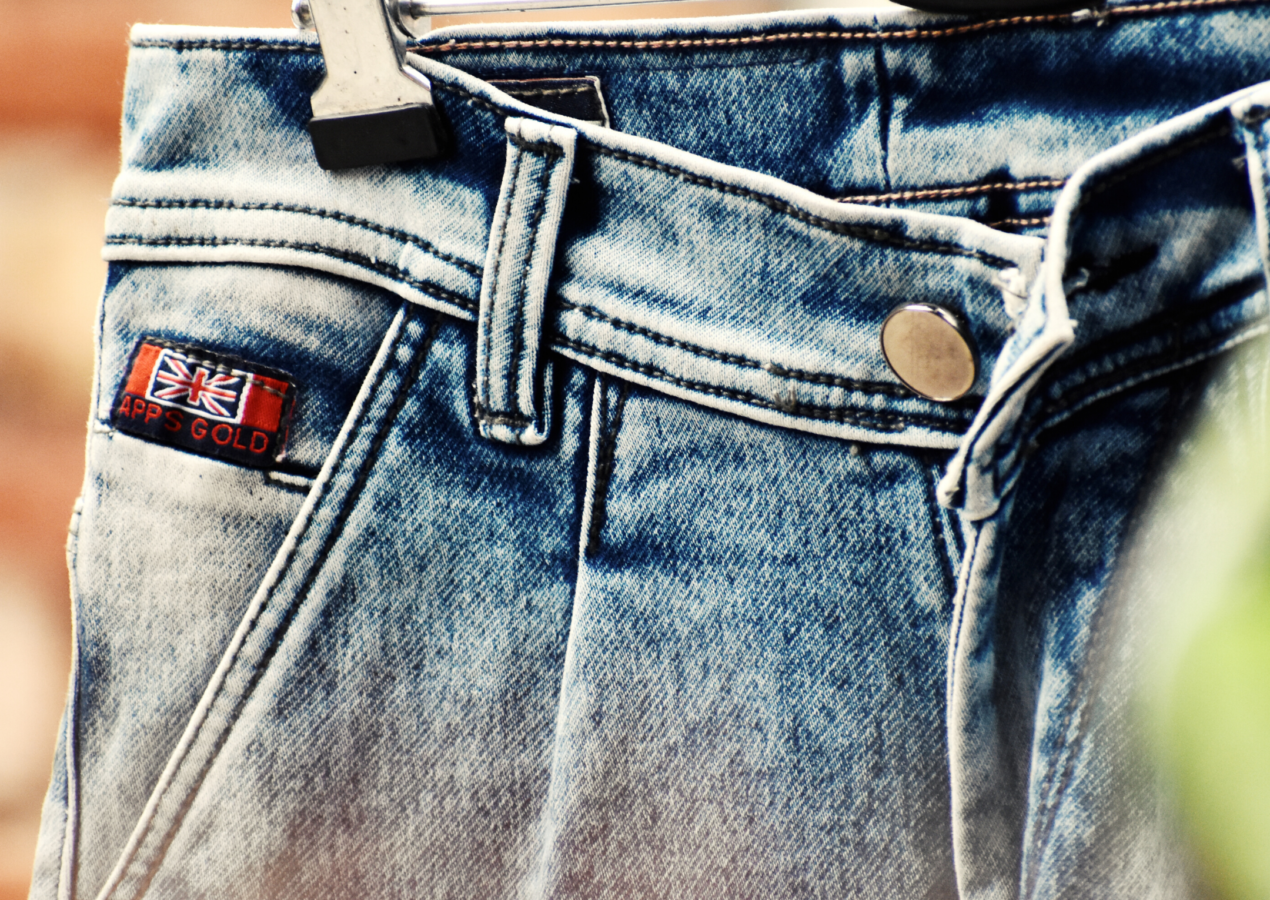Forever 21, H&M, Urban Outfitters, Zara, and many other popular shopping attractions are contributors to the inhumane labor and unsustainable practices that are hidden behind the curtain of fast fashion.
Similar to how we rush to fast food drive-thrus to quickly satisfy our hunger and cravings, we rush to fast fashion retailers to satisfy our hunger and cravings for trendy clothing.
The cheap price tags accompanied with the fashionable clothing is something you just can’t beat, but what many people don’t realize is that someone else has to pay the bigger price behind that $3.99 shirt.
The term fast fashion refers to the “readily available, inexpensively made fashion of today. The word ‘fast’ describes how quickly retailers can move designs from catwalks to stores.”
Fast fashion has been a part of our culture since the early 2000s when everyday consumers began demanding the latest fashion trends at an affordable price. Instead of valuing higher quality clothing from the designer themselves, consumers settled for lower quality replicas.
In order to keep up with the increased demand for cheap fashion, big shot companies turned to outsourced manufacturing in developing countries where labor laws are not enforced, the work environment is unsafe, and workers are expected to work extremely long hours for as little as 15 cents an hour.
Not only are we facing unethical exploitation of human work, we face the unsustainable practices affecting the environment.
Since fast fashion clothing is cheaply made and readily produced, there is a wasteful use of water and energy, an increase in greenhouse gases, and a continuous depletion of non-renewable resources. In addition, these “disposable” clothing items end up going to landfills after their status has changed from “trendy” to “out of season”.
So what can we do to reduce our hand in an industry that exploits human labor and participates in unsustainable business models?
Vote with your dollar
First, we can begin voting with our dollars. Start supporting businesses that believe in ethical working wages, value their workers, and make efforts toward sustainable production of clothing.
Educate yourself
Secondly, we can educate ourselves. When we know about an issue, we can collectively work toward a solution while also being in a position to educate others.
Utilize thrift stores
Not only will you be saving money by going to a second-hand store, you will be giving items a new home that would otherwise be sent to landfills.
Be resourceful with items you already have
Lastly, we can be resourceful with the clothes we already have by repairing, repurposing, and reusing them.
Once we demand more from the fast fashion industry, the more we will see efforts in changing the status quo. What began with our demands for readily available fashion can end with our demands for ethical and sustainable fashion.


Dhwani Gandhi
Such an amazing blog!!It’s so inspiring watching you grow.. Keep sharing and inspiring. Also, I have recently started my Sustainable journey and would love to share it with you as well..here is the link https://stylegreenwithdee.wordpress.com/